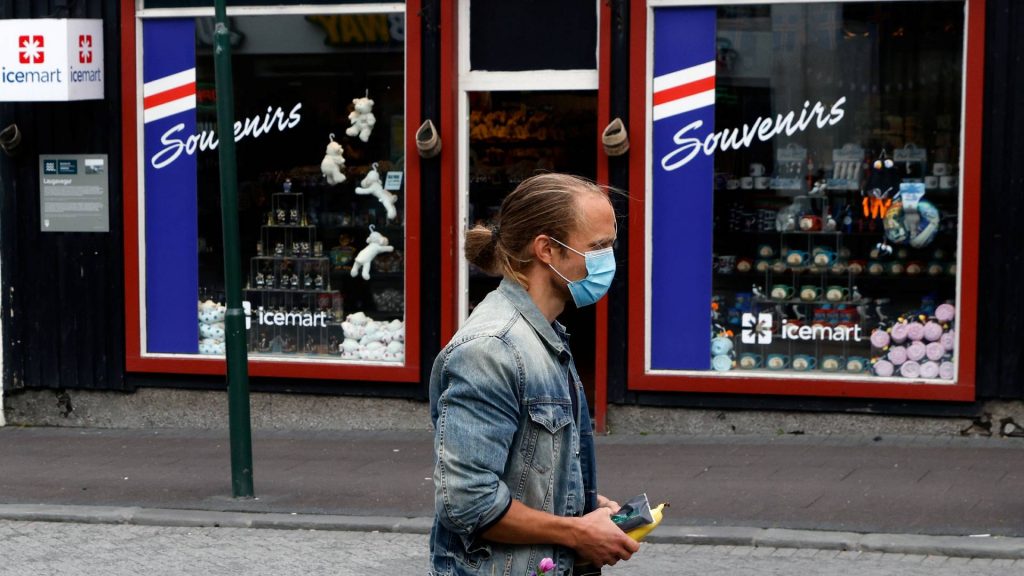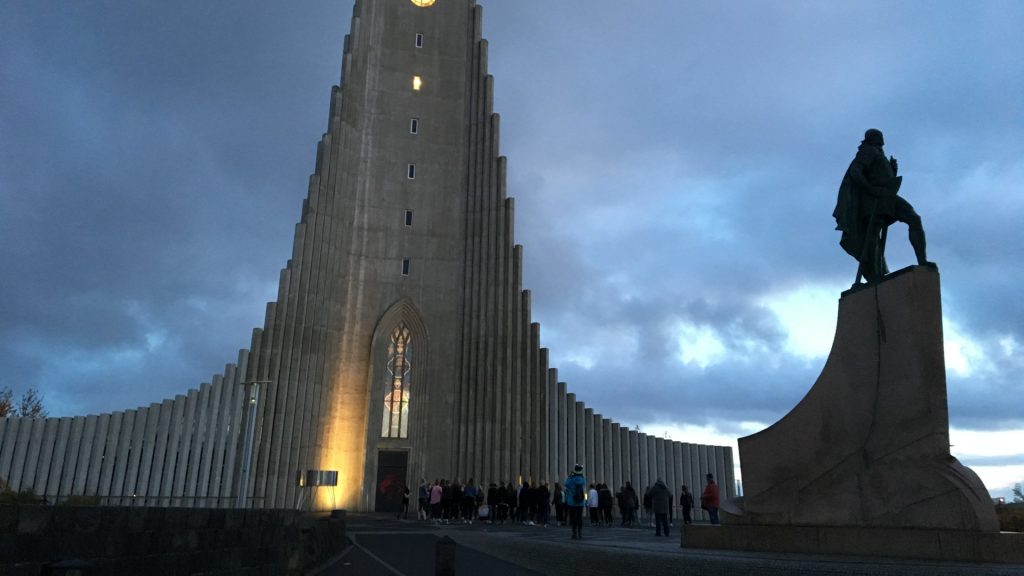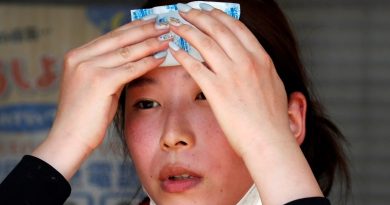Iceland extends COVID-19 restrictions by one week

Iceland’s Ministry of Health is extending some domestic COVID-19 restrictions by one week, but says the country is on the right track when it comes to vaccinations and tamping down infection cases and should be able to start relaxing measures later this month.
Among the rules Iceland will be maintaining are capping group sizes to 20 people and limiting school activities.
In April, Iceland tightened up domestic COVID-19 regulations after a spate of infection clusters linked to travel detected in March.
Iceland sequences every COVID-19 case in the country and identified the highly contagious UK variant as the strain involved.
Health officials at the time determined that despite the strict testing requirements at the border at that time — that adult travellers be required to have a PCR test upon arrival in Iceland, followed by a second screening five days later — a number of positives were still showing up on the second test.
Outbreaks linked to non-compliant travellers
At the time, Iceland started to require: sampling for children born in 2005 or later, travellers carrying proof of vaccination or prior infection, and increased monitoring for people in quarantine and isolation.

At the end of April, Iceland went on to ban unnecessary travel from areas will be defined by any place where the 14-day incidence rate of infection is more than 700 people per 100,000 inhabitants.
On Monday, the government, citing Iceland’s chief epidemiologist, said the infection clusters were increasingly under control, but that it was important to proceed slowly when it came to loosening rules.
“Several group infections have occurred in the southwestern corner of the country that can be traced to tourists at borders who didn’t comply with the rules on quarantine and isolation,” the government said in a news release.
“Subsequently, various measures have been taken to further reduce the risk of infection entering the country. [The epidemiologist] says that he has been successful in managing group infections in recent weeks with strong infection control, but believes it is advisable to proceed cautiously with the removal of restrictions within the country so that there is no setback in the spread of infections.”
40,000 to be vaccinated this week
Iceland is an island nation of 364,000 people. To date, 110,200 people had received at least one dose of vaccine, with 36,380 people fully vaccinated.
Health authorities are planning to vaccinate 40,000 people this week.

On Monday, Iceland’s Minister of Health Svandis Svavarsdottir said if the lowered infection trend continues, some domestic COVID-19 restrictions could be lifted as early as mid-May.
“There’s every reason to be optimistic,” she said. “The recent infection clusters have been successfully resolved, and last, but not least, there’s a rapid trend in vaccinations and a bright future in that respect.”
As of Tuesday, Iceland was reporting 35.7 domestic infections per 100,000 people (down from 43.4 last week), and 2.7 cases per 100,000 people at the border (down from 3.8 last week).
Write to Eilís Quinn at eilis.quinn(at)cbc.ca
Related stories from around the North:
Canada: Shared smoking breaks, broken rules: What led to Nunavut, Canada’s first COVID-19 cases?, The Canadian Press
Finland: Mysterious coronavirus variant in Arctic Finland is rare US-Mexican strain, Yle News
Denmark/Greenland: Greenland authorities buoyed by high demand for COVID-19 vaccine, Eye on the Arctic
Iceland: Iceland’s ban on unnecessary travel from high-risk areas now in effect, Eye on the Arctic
Norway: Norway extends border closure with Finland due to pandemic, The Independent Barents Observer
Russia: Norway closes borders over fears of virus, but exempts Russian fishermen from severely infected border region, The Independent Barents Observer
Sweden: COVID-19 strategy darkens Sweden’s image in the Nordics, Radio Sweden
United States: Alaska politicians send Trudeau letter saying they’re “shocked” over Canada’s COVID-19 cruise ship ban, Eye on the Arctic



